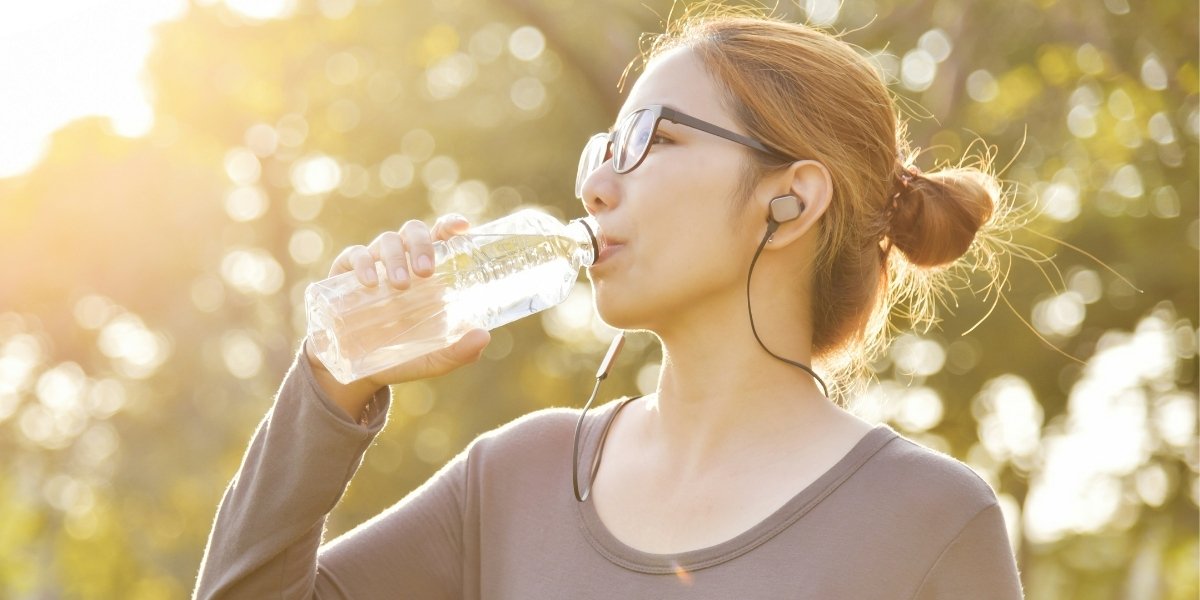Hydration is an essential part of maintaining health, especially during periods of extreme heat. As temperatures rise, the body loses water more rapidly through sweating, increasing the risk of dehydration and related health issues. Understanding why hydration matters and how to maintain fluid balance safely can help individuals navigate hot weather conditions while supporting overall well-being. This article explores the importance of hydration, the challenges heat presents, and practical strategies for staying properly hydrated.
Why Hydration Matters in Hot Weather
Water makes up a large portion of the human body and plays a critical role in nearly every bodily function. It helps regulate temperature, supports digestion, enables nutrient transport, and cushions joints and organs. When exposed to high temperatures, the body sweats to cool down, leading to significant water loss.
If this fluid loss is not adequately replaced, dehydration can occur. Dehydration affects physical performance, cognitive function, and overall health. In severe cases, it can lead to heat-related illnesses such as heat exhaustion and heat stroke. Maintaining hydration is thus fundamental to ensuring that the body can effectively manage heat stress and perform its essential functions.
Recognizing Fluid Needs and Maintaining Balance
The amount of fluid a person needs varies depending on factors such as age, activity level, and environmental conditions. During extreme heat, the body’s demand for water increases because of enhanced sweating and respiration. Unlike thirst alone, which may not always be a reliable indicator, paying attention to fluid intake is necessary to prevent dehydration.
Consuming water consistently throughout the day helps maintain fluid balance. Drinking before, during, and after activities that cause sweating is especially important. While plain water is generally sufficient for everyday hydration, in situations involving intense physical exertion or prolonged heat exposure, fluids containing electrolytes may be beneficial to replace lost salts and minerals.
It is also important to be aware of factors that can influence hydration needs, such as consuming alcohol or caffeine, which can increase fluid loss. Balanced hydration involves not just drinking fluids but also maintaining a healthy diet rich in water-containing foods such as fruits and vegetables.
Practical Tips for Safe Hydration

Staying hydrated safely requires thoughtful habits, particularly in hot weather. Drinking moderate amounts of water regularly rather than large quantities all at once helps the body absorb fluids efficiently and reduces the risk of discomfort. Carrying a water container and having easy access to fluids encourages frequent hydration, especially during outdoor activities or travel.
Monitoring the color of urine is a practical way to assess hydration status; pale yellow typically indicates adequate hydration, while darker shades suggest a need for more fluids. Adjusting fluid intake based on activity, environment, and individual responses is essential to maintaining balance.
Additionally, avoiding overly sugary or caffeinated beverages is advisable, as these can sometimes contribute to dehydration or digestive upset. Incorporating hydrating foods like watermelon, cucumber, and oranges supports overall fluid intake while providing essential nutrients.
Creating a routine that prioritizes hydration helps the body maintain equilibrium even during heatwaves. Awareness of personal needs and environmental factors can guide effective fluid management without the need for complicated tracking or excessive focus.
The Role of Hydration in Supporting Overall Health During Heatwaves
Proper hydration supports not only temperature regulation but also cognitive function and physical performance. During extreme heat, maintaining fluid balance can improve concentration, mood, and energy levels. It also supports cardiovascular health by helping regulate blood pressure and circulation.
In vulnerable populations such as older adults, children, and those with certain medical conditions, staying hydrated is particularly critical. These groups may have altered thirst responses or increased susceptibility to heat-related stress. Ensuring regular fluid intake and creating supportive environments can reduce risks associated with dehydration.
While hydration alone cannot prevent all heat-related illnesses, it forms a cornerstone of heat safety practices. Combining hydration with other strategies such as seeking shade, wearing appropriate clothing, and avoiding peak heat hours creates a comprehensive approach to managing heat exposure.
Staying hydrated during extreme heat is a practical and essential measure for maintaining health and well-being. Understanding the importance of fluid balance and adopting consistent hydration habits helps the body cope with temperature challenges. Through simple practices such as regular water intake, monitoring hydration status, and supporting fluid balance with healthy foods, individuals can navigate hot weather more safely and comfortably.








